
China RoHS Adds Four New Phthalates to Restricted Substances
On June 29, 2024, the State Administration for Market Regulation (Standardization Administration of China) issued the 14th announcement of national standards for 2024, approving 109 national standards and four amendments to national standards.
Among them, Amendment No. 1 to the standard GB/T 26572-2011 'Requirements of concentration limits for certain restricted substances in electrical and electronic products' under China RoHS includes the addition of four phthalates: Di-n-butyl phthalate (DBP), Diisobutyl phthalate (DIBP), Butyl benzyl phthalate (BBP), and Di(2-ethylhexyl) phthalate (DEHP) to the controlled substances list. The number of restricted substances in GB/T 26572-2011 has thus increased to 10. This requirement will be officially implemented on January 1, 2026.
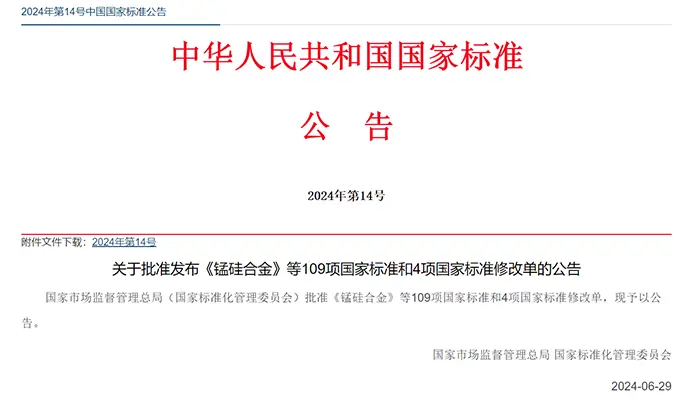
Content of the Amendment to GB/T 26572-2011 Standard:
1. Scope:
- GB/T 26572-2011: This standard specifies the maximum allowable concentrations of restricted substances in electrical and electronic products and the rules for determining compliance. It applies to the control of restricted substances such as lead (Pb), mercury (Hg), cadmium (Cd), hexavalent chromium (Cr(VI)), polybrominated biphenyls (PBB), and polybrominated diphenyl ethers (PBDE) in electrical and electronic products.
- Amendment No. 1: This document specifies the maximum allowable concentrations of restricted substances in electrical and electronic products and the rules for determining compliance. It applies to the control of restricted substances such as lead (Pb), mercury (Hg), cadmium (Cd), hexavalent chromium [Cr(VI)], polybrominated biphenyls (PBB), polybrominated diphenyl ethers (PBDE), Di-n-butyl phthalate (DBP), Diisobutyl phthalate (DIBP), Butyl benzyl phthalate (BBP), and Di(2-ethylhexyl) phthalate (DEHP) in electrical and electronic products.
2. Normative Reference Documents:
- GB/T 26572-2011: GB/T 26125-2011 Determination of six regulated substances (lead, mercury, cadmium, hexavalent chromium, polybrominated biphenyls, and polybrominated diphenyl ethers) in electrical and electronic products (IEC 62321:2008 IDT).
- Amendment No. 1: GB/T 39560 (all parts) Determination of certain substances in electrical and electronic products. GB/T 39560.701 Determination of certain substances in electrical and electronic products Part 7-1: Hexavalent chromium. Colorimetric method for determination of hexavalent chromium [Cr(VI)] in colorless and colored corrosion-protected coatings on metals.
3. Concentration Limits:
- GB/T 26572-2011: The content of lead, mercury, hexavalent chromium, polybrominated biphenyls, and polybrominated diphenyl ethers in each homogeneous material of electrical and electronic products shall not exceed 0.1% (mass fraction), and the content of cadmium shall not exceed 0.01% (mass fraction).
- Amendment No. 1: The content of lead (Pb), mercury (Hg), hexavalent chromium [Cr(VI)], polybrominated biphenyls (PBB), polybrominated diphenyl ethers (PBDE), Di-n-butyl phthalate (DBP), Diisobutyl phthalate (DIBP), Butyl benzyl phthalate (BBP), and Di(2-ethylhexyl) phthalate (DEHP) in each homogeneous material of electrical and electronic products shall not exceed 0.1% (mass fraction), and the content of cadmium (Cd) shall not exceed 0.01% (mass fraction).
4. Determination Methods of Restricted Substances:
- GB/T 26572-2011: The content of restricted substances in each testing unit shall be determined according to the testing methods in GB/T 26125-2011.
- Amendment No. 1: The disassembly of products and the determination of restricted substances in each testing unit shall be carried out according to the corresponding methods of GB/T 39560 (all parts).
5. Table 2, Footnote a:
- GB/T 26572-2011: Hexavalent chromium shall not be detected according to the testing methods in Appendix B of GB/T 26125-2011.
- Amendment No. 1: Hexavalent chromium [Cr(VI)] shall be determined as 'hexavalent chromium [Cr(VI)] negative' according to the method specified in GB/T 39560.701.
China JJR Laboratory Reminder:
With the formal addition of four phthalates to GB/T 26572, the testing methods have been adjusted from GB/T 26125 to the GB/T 39560 series standards. China's RoHS control requirements are now fully aligned with the EU RoHS. Enterprises should stay informed about regulatory updates, adjust their strategies accordingly, ensure their products comply with the new regulatory requirements, and reduce the risk of non-compliance. China JJR Laboratory, accredited with the CMA and CNAS qualifications for the GB/T 39560 series standards, can provide testing services for products and materials to enterprises."
Email:hello@jjrlab.com
Write your message here and send it to us
 ASTM D4169 Drop Test
ASTM D4169 Drop Test
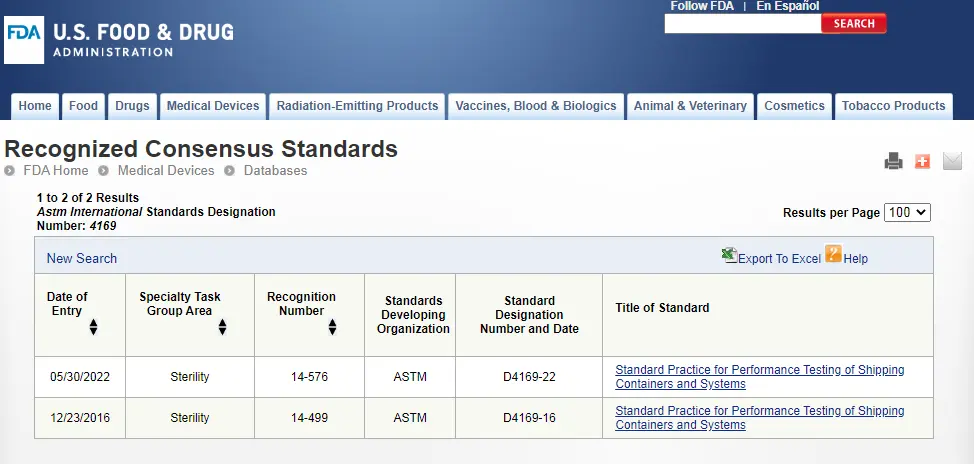 ASTM D4169 Packaging Simulation Transportation Tes
ASTM D4169 Packaging Simulation Transportation Tes
 What is ASTM D4169 Testing?
What is ASTM D4169 Testing?
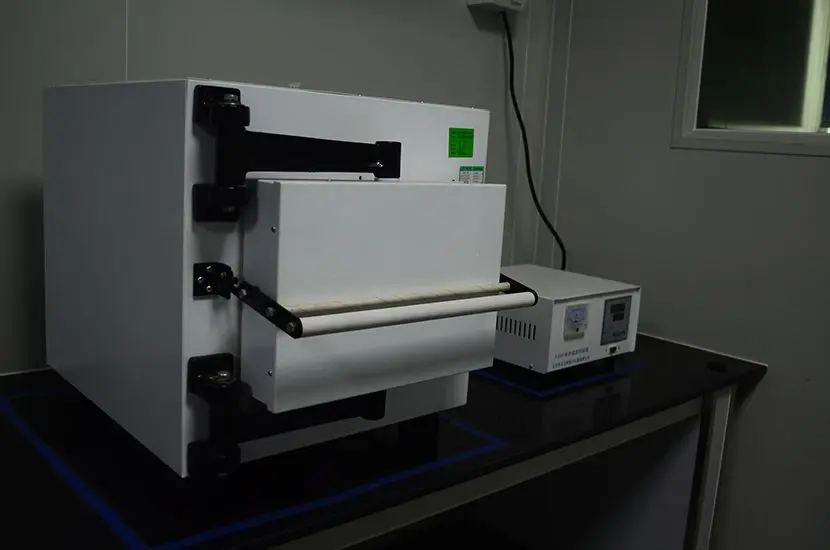 ASTM D4169-23 Test Standard Revision
ASTM D4169-23 Test Standard Revision
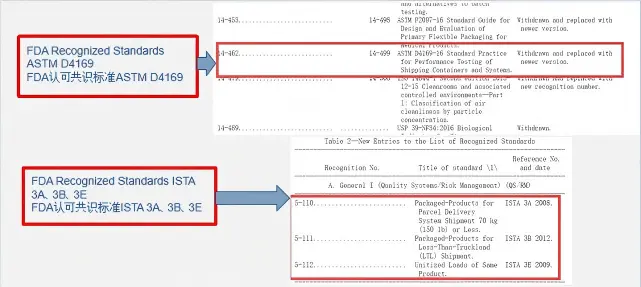 Transport Simulation Testing for Medical Device Pa
Transport Simulation Testing for Medical Device Pa
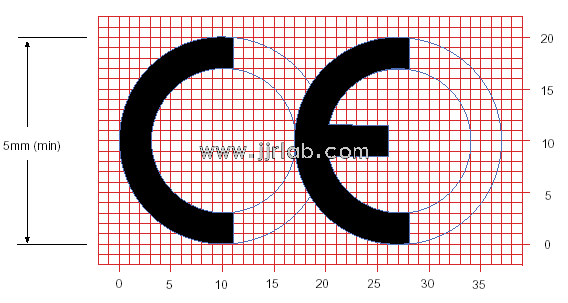 EU CE Certification Guidelines for Lighting Fixtur
EU CE Certification Guidelines for Lighting Fixtur
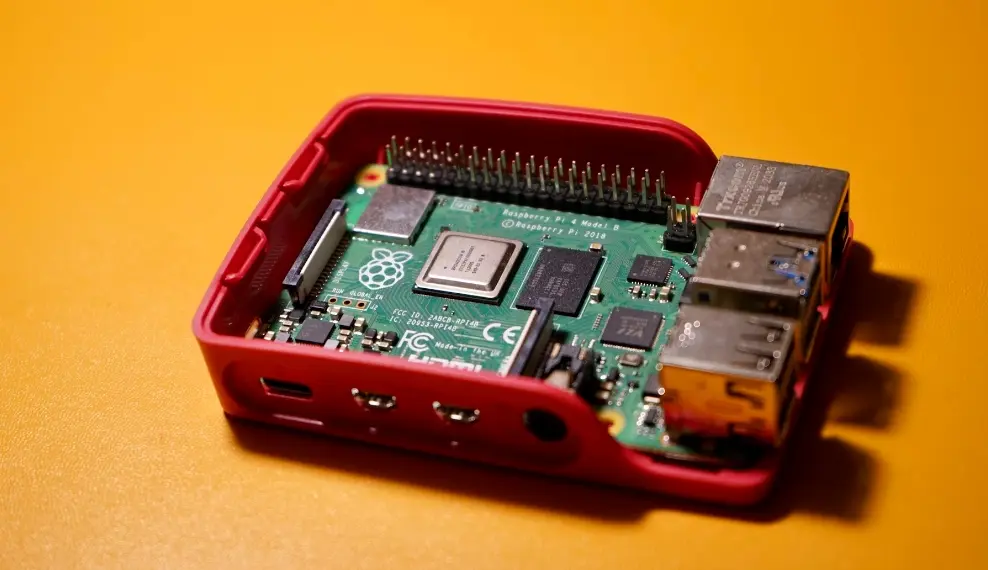 Lithium Battery Export: CB Certification & IEC
Lithium Battery Export: CB Certification & IEC
 How to Apply for One FCC Certificate for Multiple
How to Apply for One FCC Certificate for Multiple
Leave us a message
24-hour online customer service at any time to respond, so that you worry!




